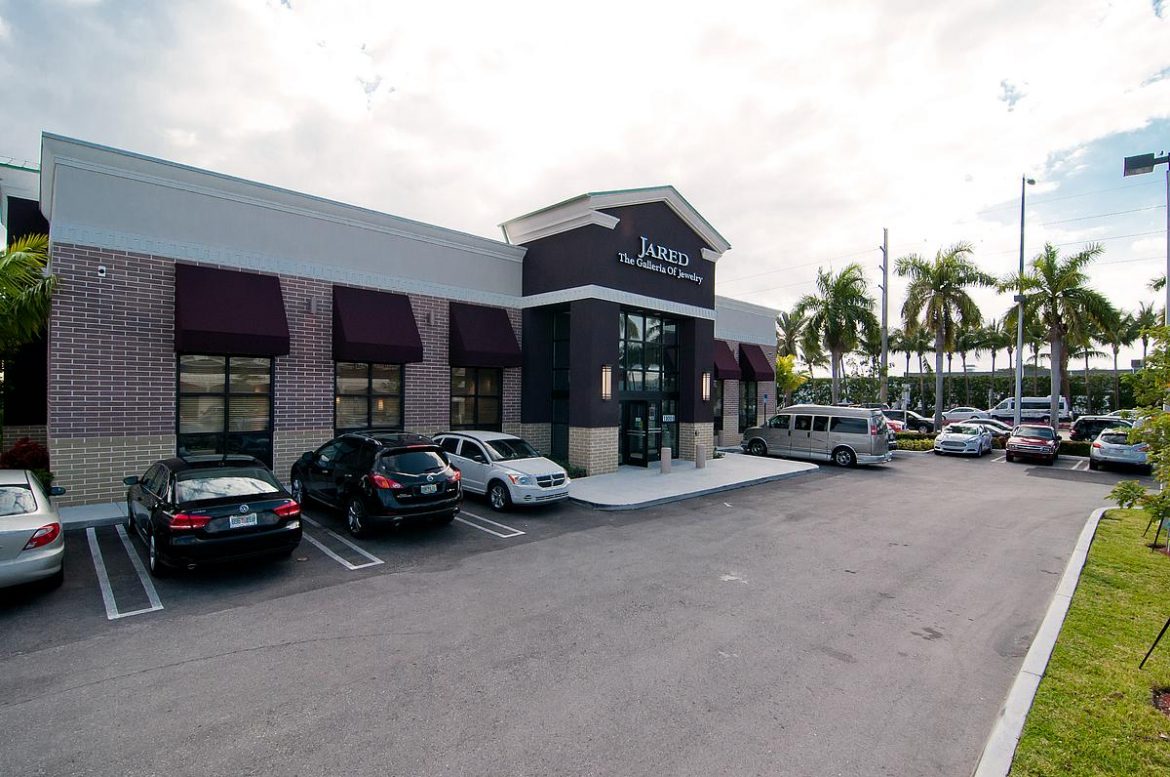Five years ago, the city eliminated a parking requirement for small-scale buildings. Now, dense multifamily buildings are cropping up on small lots across the city.
The City of Miami removed a zoning provision in 2015 that previously required new apartment, office and retail buildings covering less than 10,000 square feet to include 1.5 parking spaces per apartment. The change has spurred developed of at least 10 rental apartment buildings, say experts, by making them more affordable to build.
“We wouldn’t have been able to build what we want to build on these small lots if we had to include parking,” Mikhail Gurevich, a developer with Miami-based Propolis, said. “It would have become uneconomical for us.”
In small-scale projects, each parking space costs an average of $40,000, say experts, and is difficult-to-impossible to fit on a 5,000-square-foot infill lot. Large developments with the advantage of scale can build a parking garage for about $20,000 per space.
Propolis has eight projects in the pipeline in Allapattah, Little Havana and Overtown. The lot sizes are all about 5,000 square feet.
“None of them have parking. If a site forced us to have parking, then we wouldn’t build,” Gurevich said.
Gurevich expects his first rental building in Little Havana to be completed in February. The 3-story building will offer 12 units at 125 NW Seventh Ave. The two-to-three bedroom and two-to-three bathroom units will be rented per room as a co-living facility. The rooms start at $875 per month.
The code change prompted Maytee Valenzuela, president of family-owned Tommy’s Tuxedos, to develop a Little Havana property owned by the family for 40 years as a way to keep up with rising property taxes. She is planning a three-story, nine-unit rental apartment building at 700 NW Second St. , though she expects it will be about three years before she breaks ground.
“The parking exemption gives us that option,” Valenzuela said. “We would have not been able to do this otherwise because the lot is 5,000 square feet.”
The elimination of the parking requirement helps offset rising land costs, said Tecela founder Andrew Frey, who initiated the zoning code change in 2015 and got it passed with the support of the then-commissioner Francis Suarez. Frey then built three neighboring townhouse-style, 3-story buildings at 771, 769 and 761 NW First St. starting in 2016.
The change also allows developers to build smaller-scale projects in neighborhoods where most buildings have two-to-three floors, including Little Havana.
“Keeping the integrity of Little Havana is important. The policy change will make it easier to maintain the environment of Little Havana,” Gurevich said.
Source: Miami Herald

